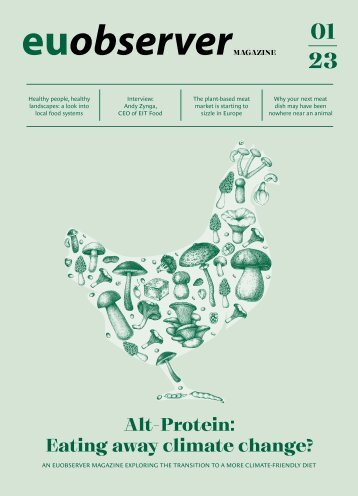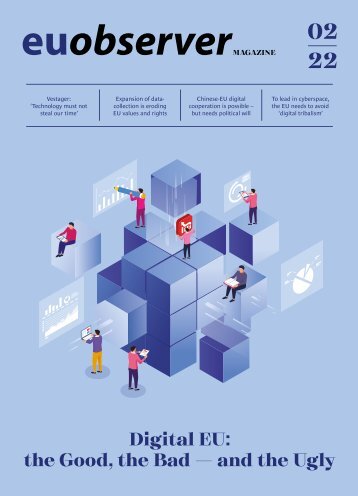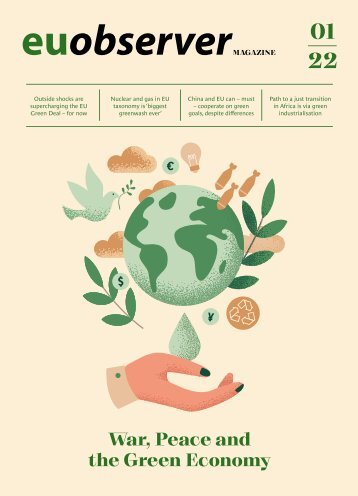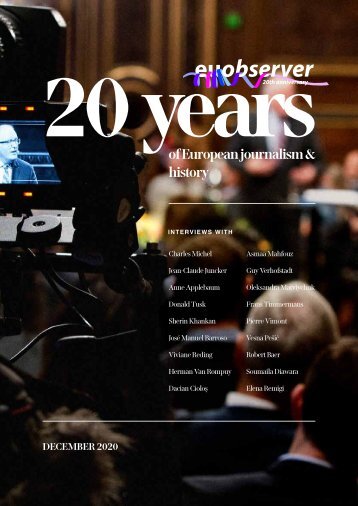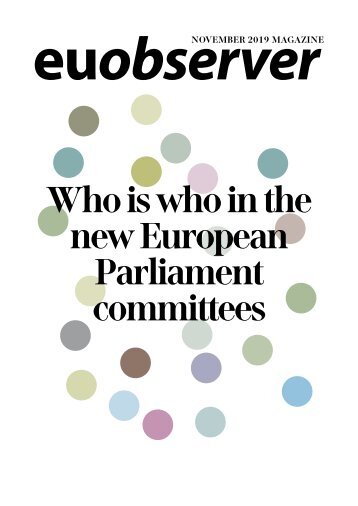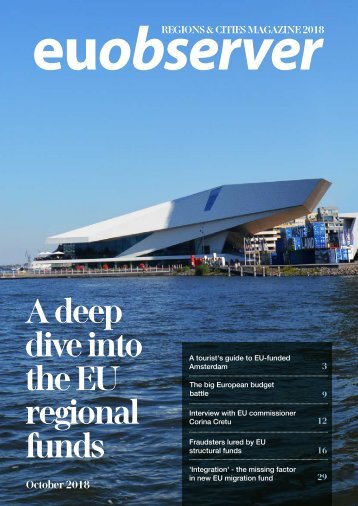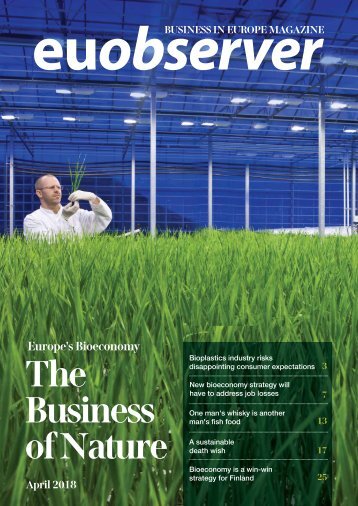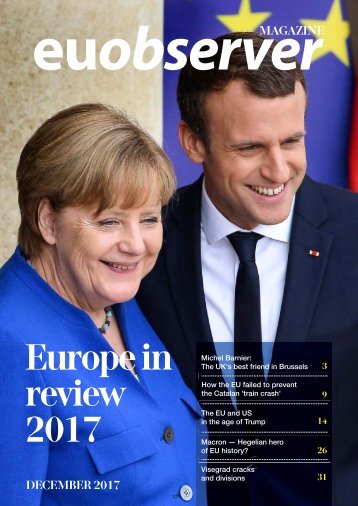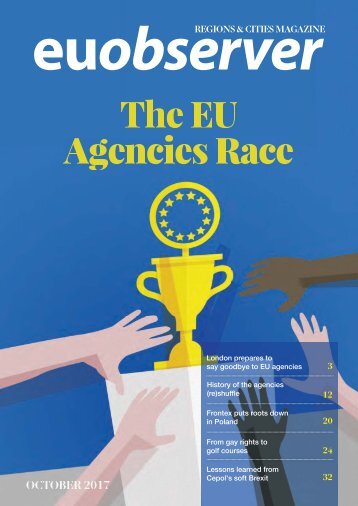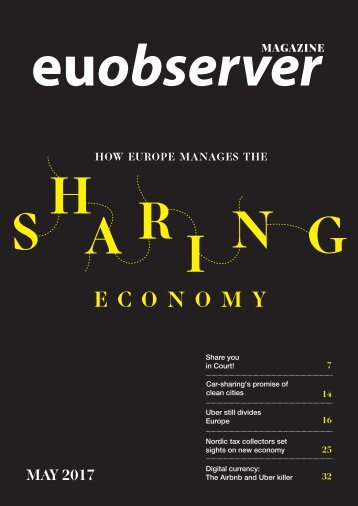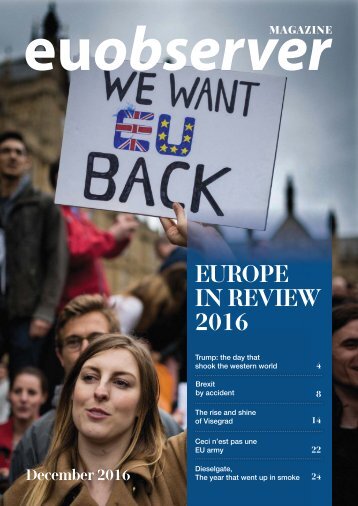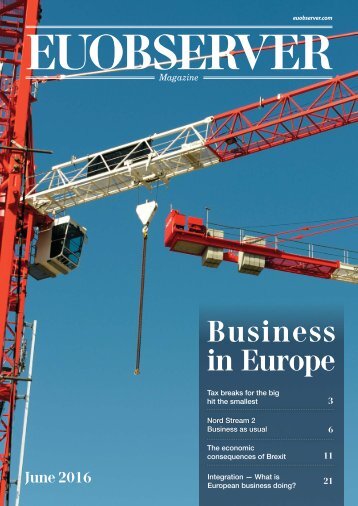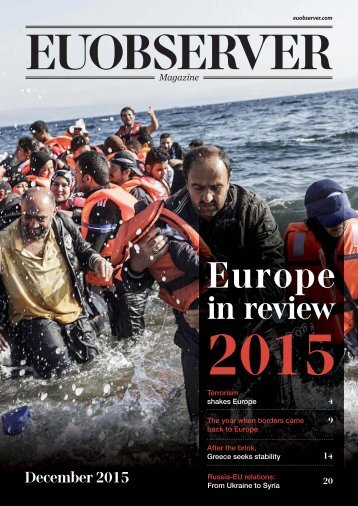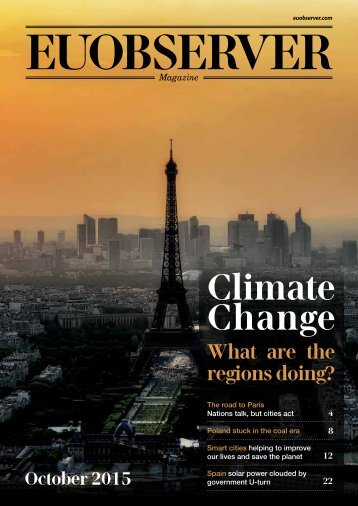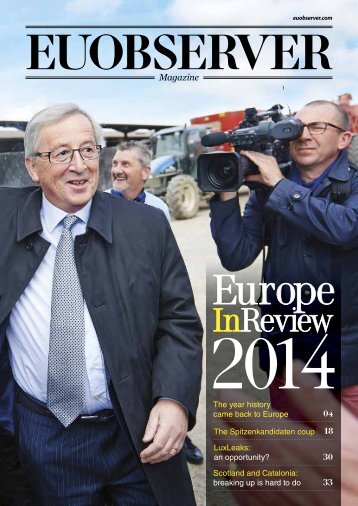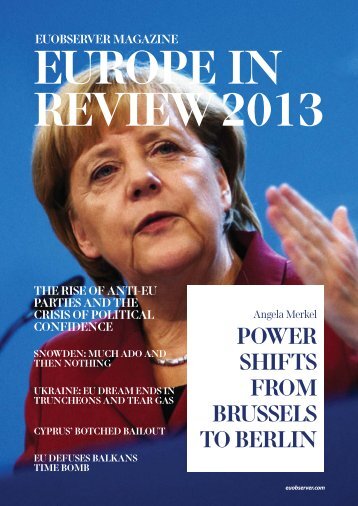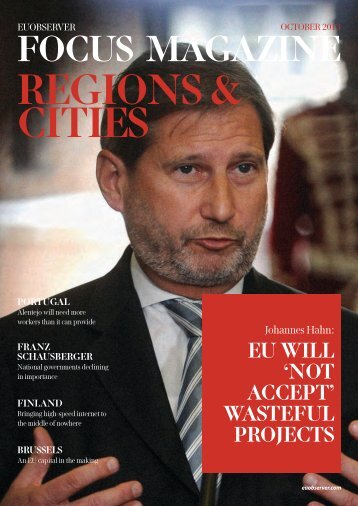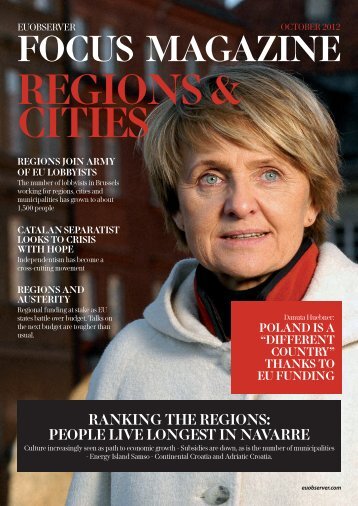Separatism: Making Europe stronger?
- Text
- Mir
- Efa
- Regions
- European
- Cities
- Regional
- Scotland
- Catalonia
- Economic
- Projects
- Referendum
- Scottish
Better together – a
Better together – a new hope for a federal Europe The Scottish referendum presents a new hope for a better, united, federal Europe. By Peter Oomsels Vice-president of the Young European Federalists The victory of the No in the referendum on Scotland’s independence has saved the United Kingdom. However, it is clear that post-referendum UK will be different from pre-referendum UK. This is because, after promises of further devolution of competences made by Westminster, the Scottish No to independence can only be interpreted as a choice for more subsidiarity and more autonomy. In other words, the Scots were presented with, and have chosen, a more federal United Kingdom. The path of federalism in the UK brings hope for the discussion on future integration in the European Union. Contrary to how it is often portrayed, especially by British eurosceptics, (European) federalism combines two principles of governance. On the one hand it stresses the democratic legitimacy of European decision-making in its conviction that central governments should only exert those powers which cannot be exerted effectively by local governments (subsidiarity). On the other hand, federalists believe that strength lies in union, and that every government of that union - thus also the central one - should be efficient, effective and endowed with full democratic legitimacy. FORCES OF GLOBALISATION The forces of globalisation oblige traditional nation states to constantly search for the right balance between those two principles of subsidiarity and stronger union. For federalists, European integration is therefore not necessarily about ‘more Europe’, but about ‘better Europe’, which means ensuring that democracy and government work well on all levels. So it is not paradoxical to claim that independence movements can be drivers for a better European Union. It is only when existing state structures fail to acknowledge legitimate demands for such autonomy that problems may arise. Indeed, much wariness (rightly) exists about independence movements as they are all too often driven by populism or used as a pretext for nationalism or thinly veiled racism. As such, the UK did well in its choice for federalism: it is acknowledging the Scottish demand for more regional autonomy while maintaining the strength that lies in their union. UNITY IN DIVERSITY Now Scots must make sure that they get the autonomy that they were promised; while at the same time ensuring that they stay within the even bigger union (EU). UK leaders who made the case for a federal Britain should now have the intellectual honesty to make the case for a federal European Union as well. The Scottish experience has shown two things: it has demonstrated that the case for federalism is much stronger than the case for secession, and that the case for federalism is much stronger than the case for centralism. The same logic applies to the EU. Much like the UK, the EU is ‘better together’ because it draws strength from its ‘unity in diversity’, necessitating a strong European government (especially for the eurozone). At the same time, such unity cannot and should not exist without democratically legitimate and strong local, regional, national and European governments. This is exactly what federalism offers to Europe today, and the newly found understanding of that perspective is precisely why the Scottish referendum presents a new hope for a better, united, federal Europe. 8 REGIONS & CITIES 2014
advertisement YES! Sí sí! Votarem! YES, IT IS TIME! PEOPLES ARE DECIDING #Time4SD YES, Peoples decide We, the European Free Alliance (EFA), live in historic times. Across Europe ancient nations, peoples and regions, currently under the jurisdiction of various states, are increasingly calling for either enhanced autonomy or outright independence, and all the benefits that go with bringing decision-making power back home. Scotland and Catalonia, because of the success of their pro-independence parties and most importantly the overwhelming support of their people, now have the opportunity to decide on their future and whether they want to become sovereign, independent states. YES, EFA is on YOUR side We fully support the SNP and ERC and the restoration of Scotland´s and Catalunya’s independence. The referenda in 2014 are exciting and historic opportunities for these nations, and a unique and inspirational example of democracy in action. EFA is one of the EU’s officially recognised European Political Parties. Its member parties are from nations, stateless nations and regions with a strong sense of identity that want a proper voice in Europe, and brings together 40 parties who have elected representation at local, national or EU level in 17 Member States. EFA is THE only European Political party that strives for the right of self-determination. YES for Selfdetermination EFA has always advocated selfdetermination, and the right to speak and protect native and historic languages. Nations in the EFA family are advancing on the road to full independence and a place at the EU top table. They currently lack the normal status and representation that member states automatically enjoy in Europe. That is why EFA highlights the benefits of proper representation for the stateless nations and peoples of Europe, and fully supports the vision for Scotland and Catalunya as a normal, independent, Member State of the EU. www.e-f-a.org EFA - info@e-f-a.org - Twitter: @EUPARTYEFA facebook.com/pages/EUROPEAN-FREE-ALLIANCE/46708306425 This publication is funded with support from the European Parliament (EP) REGIONS & CITIES 2014 9
- Page 1 and 2: EUOBSERVER MAGAZINE OCTOBER 2014 RE
- Page 3 and 4: New EU regional aid rules have inbu
- Page 5 and 6: EU regional projects see ‘encoura
- Page 7: ALONIA BOOST EMENTS IN EUROPE are a
- Page 11 and 12: The police is investigating three m
- Page 13 and 14: est of the UK. Despite being the co
- Page 15 and 16: GLASGOW: Ahead on Roma inclusion Gl
- Page 17 and 18: advertisement European climate act
- Page 19 and 20: Civil Guard to go to the “rebelli
Inappropriate
Loading...
Mail this publication
Loading...
Embed
Loading...

